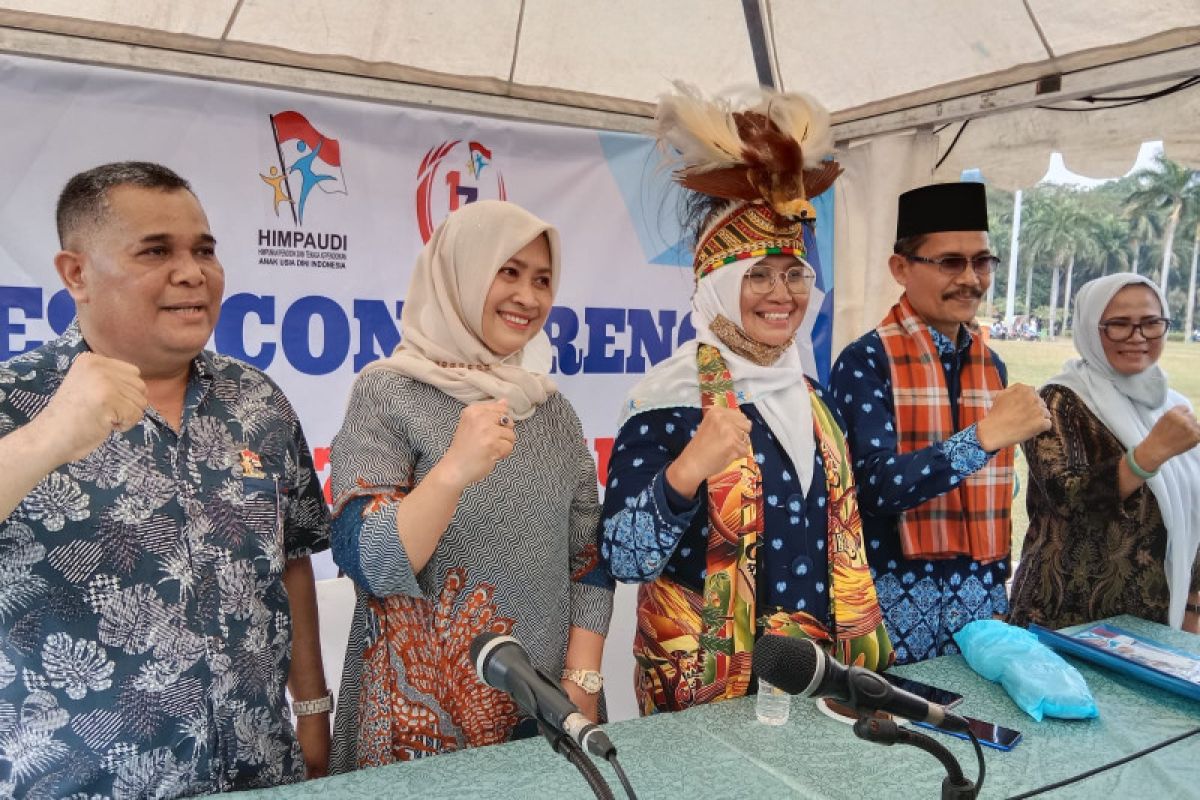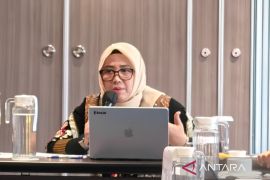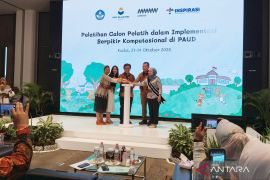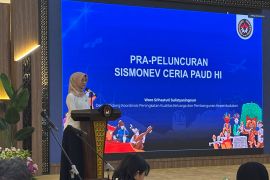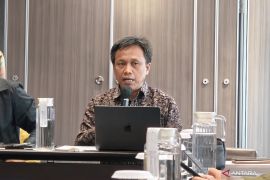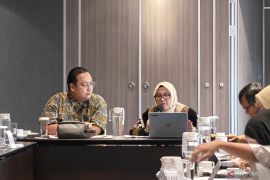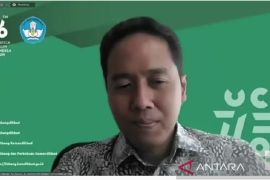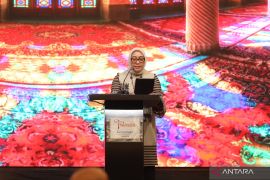"We proposed RUU Sisdiknas for Priority Prolegnas (National Legislative Program) 2022. This is part of increasing access to PAUD. We changed compulsory education from 9 years to 13 years, including preschool," he said at the commemoration of the 17th anniversary of the Association of Indonesian Educators and Teaching Practitioners for Early Childhood Education (Himpaudi) here on Wednesday.
In addition, his ministry has found that the previous National Education System Law contained discriminative policies against PAUD educators.
"Therefore, we will include educators in non-formal education units, equivalent (educational units), and formal pesantren (Islamic boarding schools) into the teacher category," Makarim informed.
Thus, 232 thousand PAUD educators, 50 thousand equivalent program educators, and 11 thousand formal pesantren teachers will be recognized as teachers if the bill is passed.
Related news: Education System Bill gives formal recognition to PAUD teachers: govt
The minister added that in the 2003 National Education System Law, education for children aged three to five years was not included as formal education. As a result, the assistance from the government was also smaller.
"Kemendikbudristek (the Ministry of Education, Culture, Research, and Technology) has made a breakthrough in improving PAUD management, one of which is accelerating the funding of PAUD and equivalent (educational units)," he said.
According to him, with the breakthrough, the amount of operational assistance is adjusted to the level of regional cost and given directly to the PAUD units, and can be used flexibly.
Himpaudi general chairperson Prof. Netti Herawati said that, at first, the organization was declared because of the regulation that only recognizes educators in formal PAUD.
"Meanwhile, educators in informal PAUD are not categorized as teachers. This is unequal access, unequal opportunity, unequal position in law, unequal opportunity, and discrimination that has occurred, or a violation of the principle of non-discrimination. There is also a violation of the rights of non-formal PAUD educators, which should be equal," she expounded.
In fact, according to her, all educators in PAUD, both formal and non-formal, carry out their duties with the same quality and standards. This will have an impact on the quality of learning provided to students, she added.
Related news: Minister lauds village heads' commitment to improving early education
Related news: More assistance for PAUD in remote areas: minister
Translator: Indriani, Raka Adji
Editor: Suharto
Copyright © ANTARA 2022
